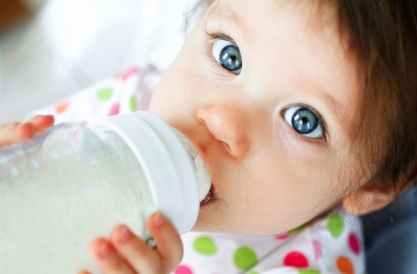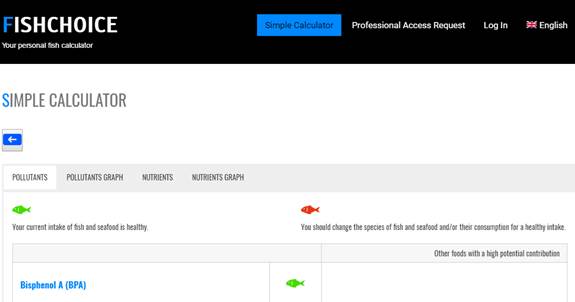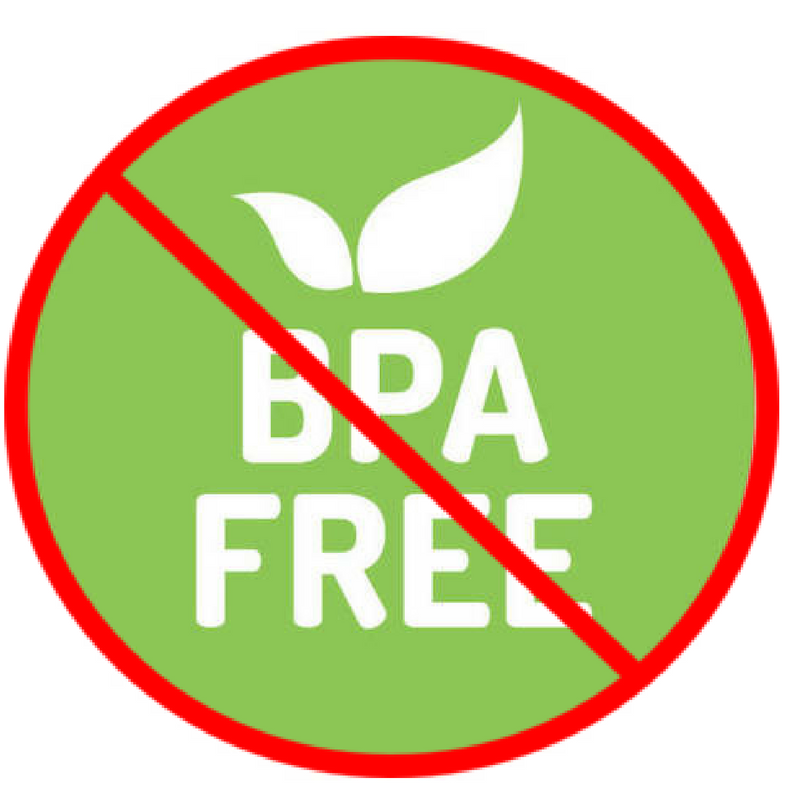 Overexposed To Bisphenol F? Blame Mother Nature
Overexposed To Bisphenol F? Blame Mother NatureWhether you realize it or not, there’s a good chance that you are being exposed to bisphenol...
 The Silence On BPA Is Deafening – Let The CLARITY Data Speak!
The Silence On BPA Is Deafening – Let The CLARITY Data Speak!For years it would not have been possible to use the word “silence” in the same sentence...
 Was FDA’s Recent Statement On BPA Premature?
Was FDA’s Recent Statement On BPA Premature?A few weeks ago the U.S. National Toxicology Program (NTP) released the results of the largest...










